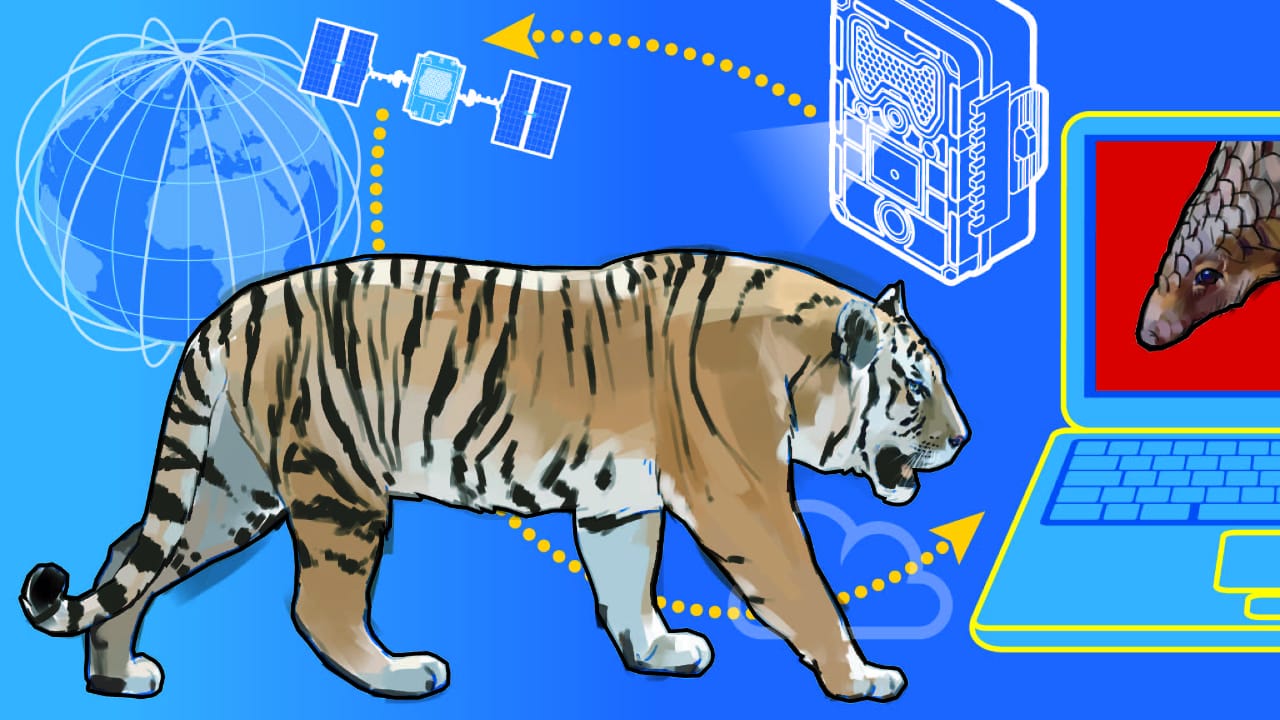Africa is known for its rich biodiversity and iconic wildlife species, attracting millions of tourists from around the world. However, the continent also faces significant challenges in wildlife conservation, with poaching posing a major threat to many endangered species. In recent years, the potential of artificial intelligence (AI) has emerged as a promising tool to combat poaching and support wildlife conservation efforts in Africa. This article explores the various applications of AI in this field and its potential impact.
Detection and Monitoring
One of the key applications of AI in wildlife conservation is the development of advanced detection and monitoring systems. Traditional methods of patrolling large protected areas can be time-consuming and costly. AI-powered systems, such as camera traps and drones, can be deployed to monitor wildlife populations, detect illegal activities, and gather valuable data for conservationists.
Camera traps equipped with AI algorithms can identify and classify different species, track their movements, and detect signs of poaching activity. These systems can operate autonomously and provide real-time data, enabling rapid response and intervention. By analyzing vast amounts of visual data, AI algorithms can identify patterns and anomalies that may indicate poaching activities, allowing conservationists to take immediate action.
Drones equipped with thermal imaging cameras and AI algorithms can also play a crucial role in anti-poaching efforts. They can cover large areas quickly and provide aerial surveillance, enabling rangers to identify and track poachers in real-time. Additionally, AI-powered image analysis can help detect changes in vegetation patterns, identify illegal encroachments, and even locate hidden poaching camps.
Predictive Analytics
AI algorithms are well-suited for analyzing complex datasets and identifying patterns that may not be apparent to human observers. By leveraging machine learning and predictive analytics, conservationists can gain valuable insights into wildlife behavior, poaching hotspots, and the effectiveness of conservation measures.
Through the analysis of historical data, AI algorithms can predict potential poaching threats and prioritize areas for patrols. They can identify high-risk periods, such as when specific species migrate or during certain weather conditions, allowing for targeted interventions. By continuously learning from new data, AI systems can refine their predictive capabilities and adapt to changing circumstances.
Wildlife Trafficking
Wildlife trafficking is a lucrative and illegal trade that poses a significant threat to many African species. From ivory and rhino horn to exotic pets and bushmeat, the demand for these illegal products drives poaching and threatens the survival of numerous wildlife populations. AI technologies can aid in detecting and combating wildlife trafficking networks.
AI algorithms can analyze large amounts of data from various sources, including social media platforms and online marketplaces, to identify potential traffickers and illegal wildlife products. By monitoring online activities and analyzing patterns, AI systems can help law enforcement agencies target and dismantle criminal networks involved in wildlife trafficking.
Conservation Planning and Management
AI can also support conservation planning and management efforts by providing data-driven insights. By analyzing ecological data, including habitat conditions, species distribution, and population dynamics, AI algorithms can inform decision-making processes and help develop effective conservation strategies.
Machine learning algorithms can analyze complex datasets and identify ecological factors that contribute to the survival of specific species. This information can guide habitat restoration initiatives, inform land-use planning, and support the establishment of protected areas. AI can also assist in assessing the effectiveness of conservation interventions by monitoring the impact of habitat restoration efforts and evaluating species recovery.



